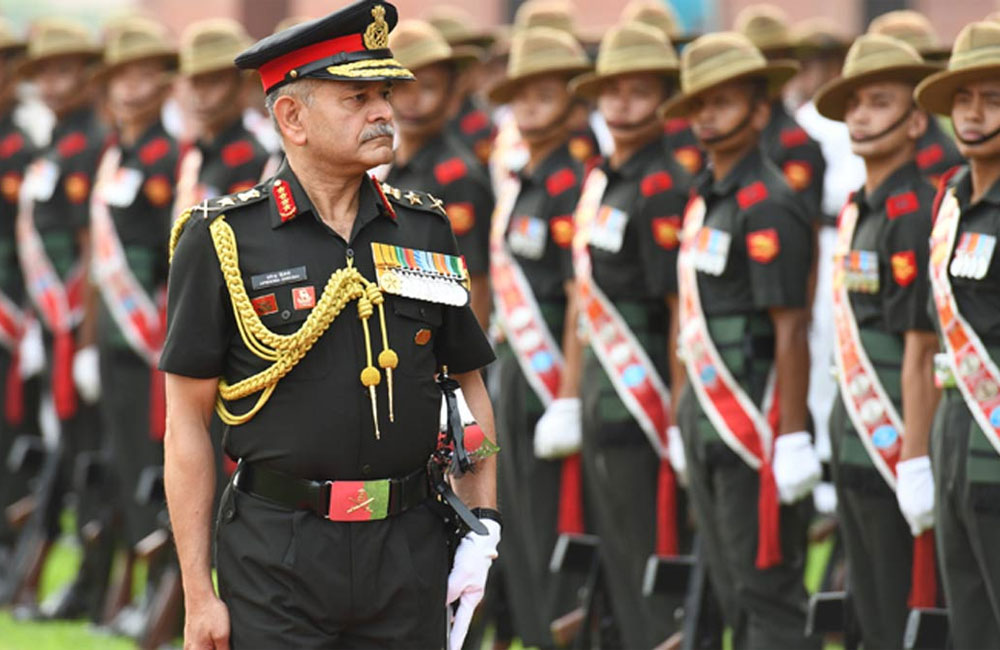India’s Chief of Army Staff, General Upendra Dwivedi, will arrive in Sri Lanka on December 1 for a two-day official visit that comes at a decisive geopolitical moment for the island—one in which Colombo is simultaneously deepening defence ties with the United States, expanding commercial cooperation with China, and attempting to maintain strategic balance in a competitive Indo-Pacific landscape.
The Indian Army described the visit as a reaffirmation of New Delhi’s Neighbourhood First policy, signalling greater commitment to stability, capability-building, and military cooperation with Sri Lanka. But the timing also reflects India’s strategic urgency as the island strengthens multiple foreign partnerships that could reshape regional influence networks.
A Visit Driven by Regional Power Calculus
Military officials in New Delhi say General Dwivedi’s mission goes beyond ceremonial goodwill. His agenda includes reviewing bilateral defence cooperation, assessing Sri Lanka’s evolving security requirements, and expanding Army-to-Army collaboration through training, joint exercises, and intelligence-sharing.
These initiatives are part of India’s broader goal of countering growing strategic competition, particularly China’s expanding footprint along the Indian Ocean littoral.
Sri Lanka’s position along critical maritime routes makes its partnerships central to India’s security doctrine. The Indian Ocean Region (IOR) has become the arena of a widening geopolitical contest, with major powers positioning themselves for influence.
General Dwivedi is expected to discuss defence technology transfers, joint maritime surveillance, and ways to tighten cooperation against transnational threats such as illegal fishing, smuggling networks, and grey-zone maritime activities.
US Defence Pact Adds another Layer of Complexity
The visit comes months after Colombo entered a new defence pact with the United States under the State Partnership Program (SPP), marking the most significant upgrade in US–Sri Lanka military cooperation in recent years.
Washington sees Sri Lanka as a strategic node in its Indo-Pacific security architecture, and the pact includes joint training, disaster-response support, improved maritime domain awareness, and logistical coordination.
For India, a long-standing US strategic partner, the pact is not necessarily a threat but it signals that Washington is moving to deepen its presence in Sri Lanka at a time when New Delhi wants to maintain primacy in its immediate neighbourhood.
China’s Expanding Commercial Grip Raises Alarm in New Delhi
Adding to the complexity is Sri Lanka’s renewed push to strengthen commercial ties with China, including fresh investments linked to the Hambantota Port, logistics hubs, and industrial zones. While Colombo frames these partnerships as economic necessities, New Delhi views China’s expanding commercial and infrastructure presence as dual-use assets that could potentially shift regional power equations.
Balancing Act for Colombo
General Dwivedi’s visit seeks to ensure that India remains Sri Lanka’s closest and most dependable defence partner amid growing competition from Washington and Beijing. For Colombo, the challenge remains navigating tight geopolitical corridors leveraging partnerships for economic recovery and security modernisation while avoiding entanglement in great-power rivalry.

Leave your comments
Login to post a comment
Post comment as a guest